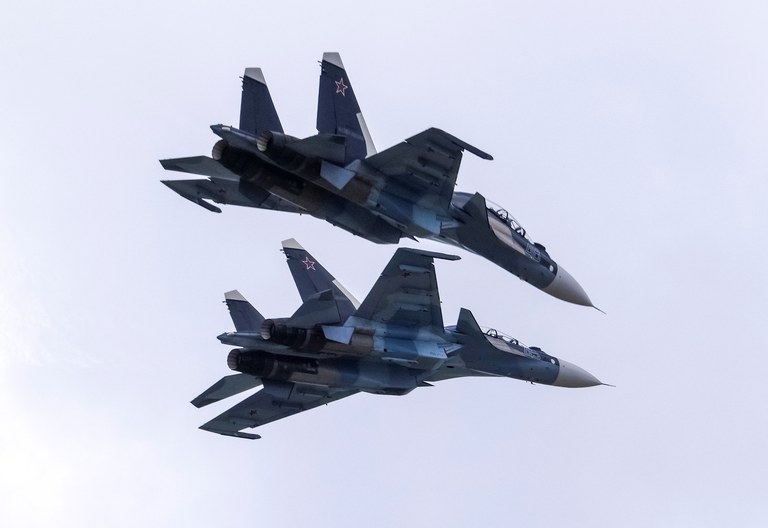China’s Xi Jinping makes unannounced visit to Xinjiang
Chinese President Xi Jinping made an unannounced visit to the Xinjiang capital of Urumqi this week, state media reported Thursday, marking his second trip in eight years to the region where rights groups and several Western nations accuse him of carrying out a genocide against Uyghur Muslims. The official Xinhua news agency said Xi inspected Xinjiang University, an international land port area, a residential community, and a museum during his visit, which lasted from Tuesday afternoon to Wednesday morning. “Xi learned about the work in nurturing talent, coordinating COVID-19 response with economic and social development, promoting ethnic unity and progress and consolidating the sense of community for the Chinese nation, among others,” the report said. Other state media reports included images of Xi leading exuberant locals through the streets of the capital, receiving applause during his inspections, and observing ethnic dance performances. Xi’s visit marked only his second in eight years to the region where Chinese authorities have ramped up their repression of Uyghurs and other Turkic minorities since 2017, detaining up to 1.8 million people in internment camps. The maltreatment also includes severe human rights abuses, torture and forced labor as well as the eradication of linguistic, cultural and religious traditions. Credible reports by rights groups and the media documenting the widespread abuse and repression in the XUAR have led the United States and some parliaments in Western countries to declare that the Chinese government’s action amount to a genocide and crimes against humanity. Adrian Zenz, a researcher at the Washington, D.C.-based Victims of Communism Memorial Foundation and expert on the Xinjiang region told RFA Uyghur that Xi’s visit was likely a bid by Beijing to repudiate allegations of rights abuses and “project an image of stability … in terms of ethnic policy and economic development” to a global and domestic audience. He noted the symbolism behind Xi’s return to Urumqi where, during his last visit in April 2014, the Chinese leader delivered an internal speech changing the direction of Beijing’s policy in the region to one in which the central government runs Xinjiang as a virtual police state. Prior to the directive, Uyghurs were permitted a tightly-controlled version of “autonomy” in the region, but regularly faced discrimination and other forms of repression that prompted members of the ethnic group to carry out sporadic, violent attacks against Chinese rule. “It certainly is a symbol that Beijing feels firmly in control of the region. That there isn’t a concern about any attack or instability,” said Zenz, who in May published a trove of classified documents detailing the detention of Uyghurs and other Turkic minorities in the region, known as the Xinjiang Police Files. “On the one hand, it’s a message to his domestic constituencies – the Han – that Xinjiang is part of China. Policies are going well. And a very similar message, I think, is being portrayed to the international audience, to the U.S. and others. But also … to countries who’ve been supporting Beijing’s Xinjiang policy or at least been silent on criticism. Ilshat Hassan Kokbore, a political analyst based in the U.S. and vice chairman of the executive committee of the World Uyghur Congress, told RFA that Xi’s visit was meant to send a message that “he doesn’t care about the serious concerns of the international community regarding China’s ongoing genocide of Uyghurs.” “The ruthlessness of his regime is clear from the orchestrated meetings, singings and dancings of the very people who are facing genocide under his watch,” he said. Kokbore added that he believes Xi’s visit was also meant to reinforce his authority to the people of Xinjiang and to show solidarity with the Chinese officials who are implementing his policies in the region. Xi’s visit to Xinjiang marked the first time he had been seen in public for nearly two weeks – his longest absence of the year. Earlier this month, he had traveled to Hong Kong to appoint a new leader there on his first trip outside the Chinese mainland since January 2020 at the beginning of the coronavirus pandemic. It was not immediately clear why Xi’s trip to Xinjiang was not announced ahead of time, although public appearances by the leader are often made public days after the event. Written in English by Joshua Lipes.





